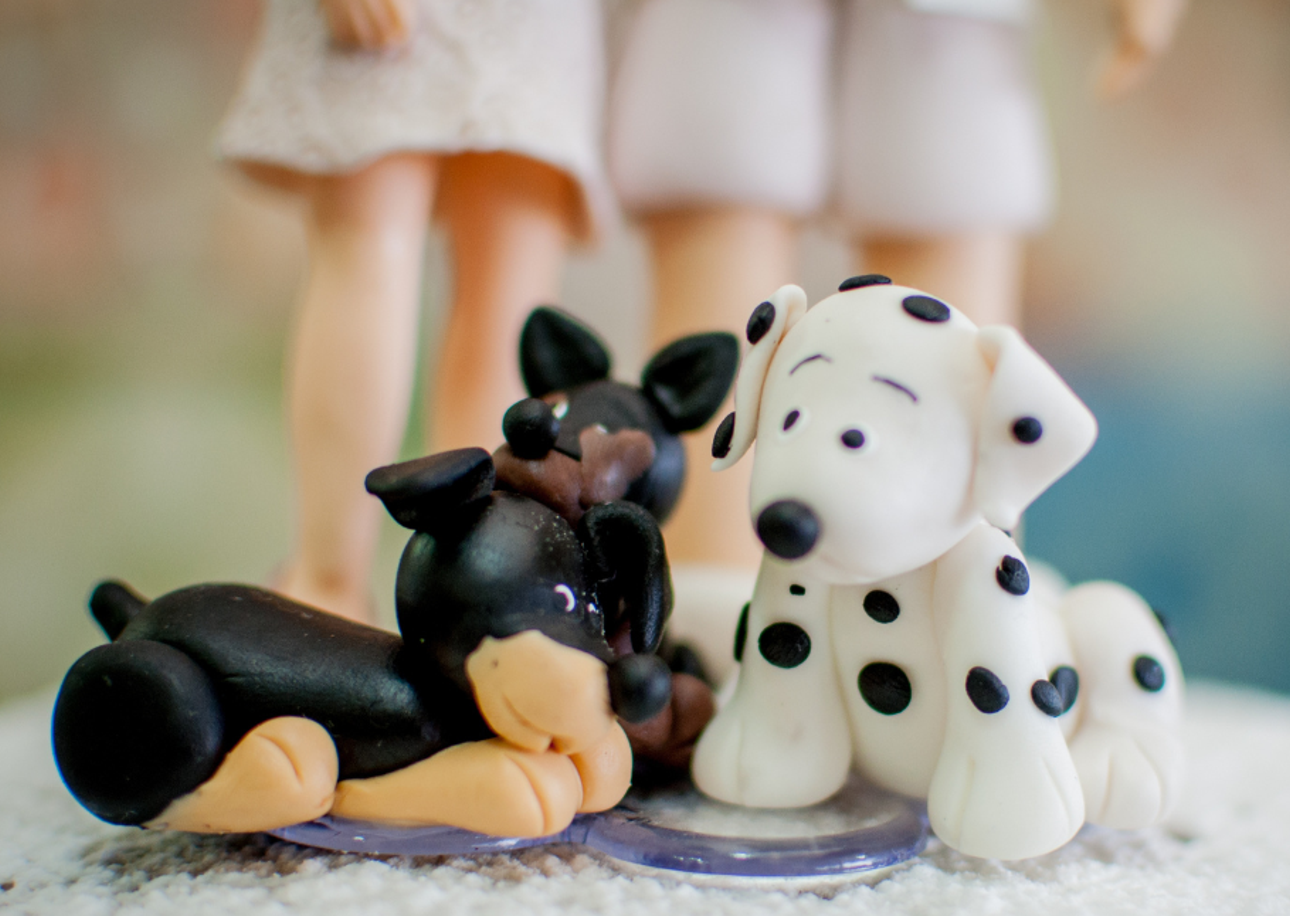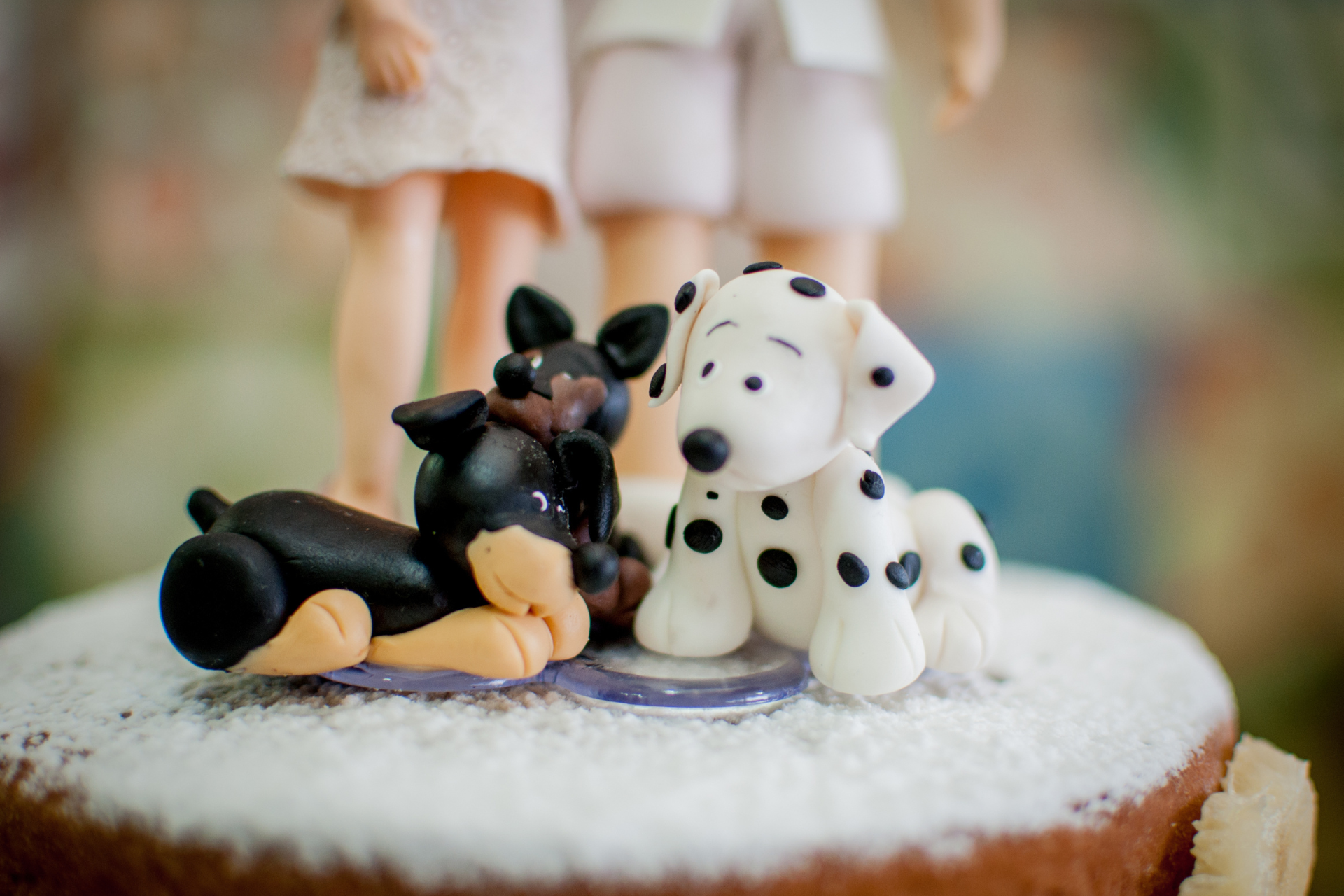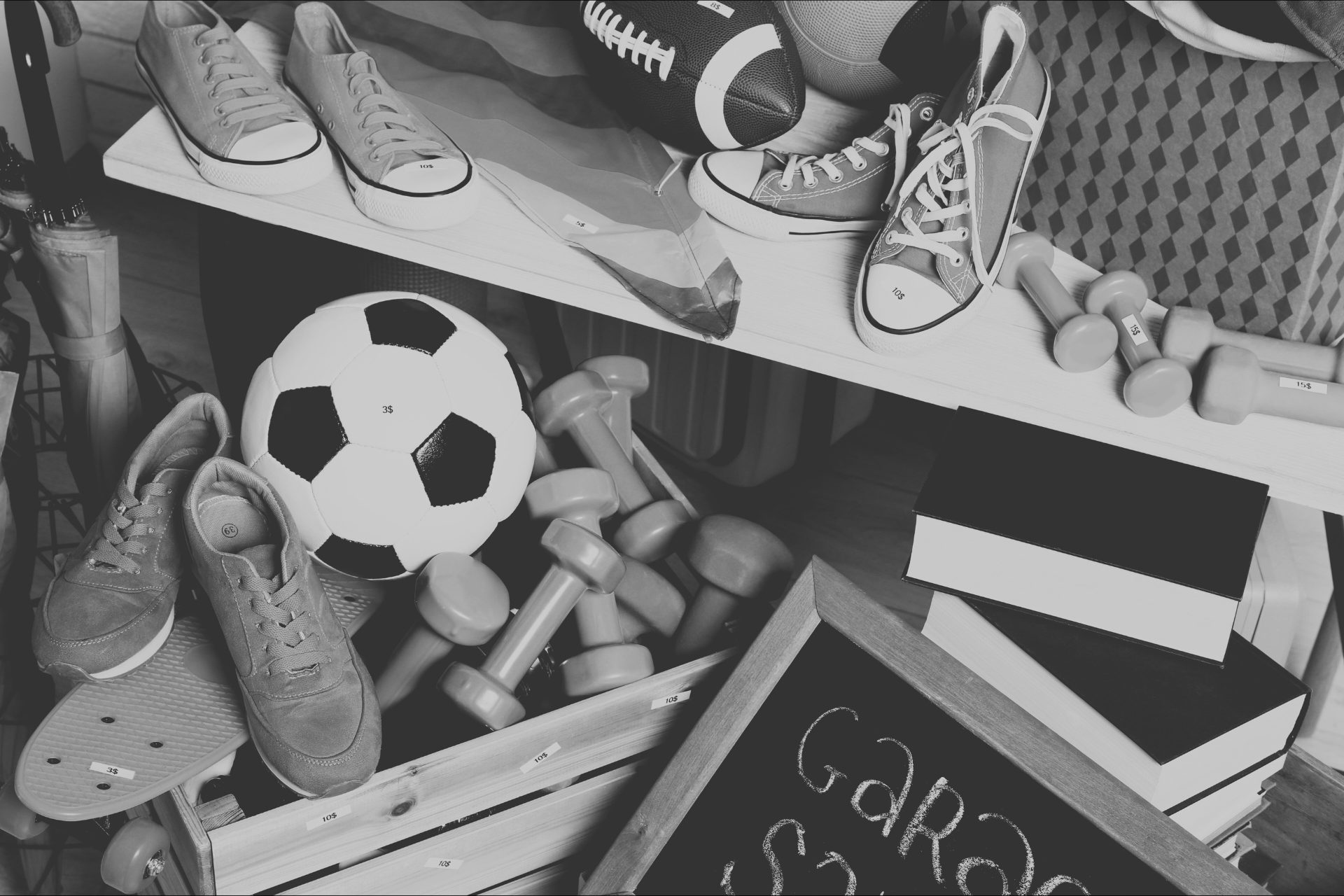Why Grand Lisboa Palace Resort is the Perfect Base for Your Next Macau Adventure
Luxury finds deeper meaning at Grand Lisboa Palace Resort Macau, a sanctuary ...

We all have items we hold onto, even though they seem useless—like an old sweater we haven’t worn in years, a teapot from a loved one, or shoes bought for a job interview we didn’t get. These objects, despite their apparent lack of value, are hard to let go of.
It’s not just nostalgia; our attachment to things runs deeper. We aren’t hoarding clutter—we’re clinging to memories, a sense of security, and pieces of ourselves.

Psychologists call it emotional attachment, a bond we form with objects that make us feel grounded. You might not consciously think about it when you keep those ill-fitting jeans, but the feeling is genuine. That teapot isn’t just a kitchen item; it’s a link to your past, almost like a talisman. In an increasingly unstable world, these connections can feel like lifelines.

Our relationship with our possessions might seem a bit irrational when stated plainly, but it is, in fact, quite normal.
According to Nick Neave, an evolutionary psychologist at Northumbria University in England,
“we all keep things and take great comfort in our possessions.”
He explains that this behaviour is rooted in our evolutionary heritage.
Historically, retaining food—especially when it was scarce—was a crucial survival strategy. Similarly, the retention of weapons and tools was essential.
Neave adds,
“If you send someone into the world with nothing, they feel vulnerable. They need their possessions to make survival possible.”
In recent years, movements like minimalism and decluttering have exploded. Marie Kondo’s question of whether something “sparks joy” struck a nerve, pushing many of us to reevaluate our relationship with things.
Yet, for all the good intentions of shedding excess, people are still reluctant to let go of their belongings. The pandemic, for one, only deepened our ties to the familiar—our favourite mugs, well-worn books, and yes, that ugly sweater we refuse to toss. When everything outside felt uncertain, our possessions became safety nets and reminders of better or safer times.
There’s also a whiff of consumerism added in the mix. Our attachment to stuff is fueled by the endless cycle of buying, discarding, and acquiring more. That old pair of sneakers represents more than just good running days; it represents the freedom of choice, the consumerist promise that we can buy—and hold onto—happiness. The irony, of course, is that the more we accumulate, the harder it becomes to let go.

Perhaps we’re taught to value things. To see them as extensions of ourselves. Our culture practically mandates it—buy this, wear that, and, for heaven’s sake, don’t you dare throw it out. Every object, even the most insignificant, seems to come with a story or memory that sticks to us like Velcro.
And now, with the rise of sustainability, there’s another reason holding us back. In a world pushing towards reduce, reuse, recycle, and repurpose, the act of throwing something away feels almost criminal. That old jacket? It might not fit anymore, but donating it means you’re saving the planet. The guilt around waste only strengthens our grip on stuff.
So why is it so hard to let go? Maybe it’s because, at the end of the day, parting with our stuff feels like parting with a piece of our lives. That’s not to say you should live in clutter. But next time you’re cleaning out your closet and stumble across that old band tee from 2002, you’ll think twice before tossing it in the donation pile. After all, it’s not just a shirt; it’s a piece of you.
Luxury finds deeper meaning at Grand Lisboa Palace Resort Macau, a sanctuary ...
In this month’s feature, artists and performers share how art quietly inspires ...
Courtesy of @sailorr Sailorr and Molly Santana’s black grills fuse hip-hop swagger ...
Wandering around the globe, try out the signature tastes of cultures across ...
These top 5 barber shops in Bangkok are where gentlemen can elevate ...
Must-have gadgets for kids in the Y2K are, predictably, making a comeback ...
Wee use cookies to deliver your best experience on our website. By using our website, you consent to our cookies in accordance with our cookies policy and privacy policy